Have you ever known you need to leave for a meeting at a certain time, and yet thought there was enough time to send one more email, only to now find yourself running late?
Or have you ever ran out the door now that you are late, and forgot to bring something important like your phone?
We all do this at times. We know better than to squeeze in one more email, and yet we forget this. My 13-year old often says “But Dad, I can’t remember to remember” when she forgets something she knows she needs to do.
The irony is that, as I get frustrated that she forgets things and I lose my patience with her, I’m now forgetting that this situation is exactly when I need to stay calm! I forget, even though I’ve been through this many times before and should know better.
Why Remembering Is So Hard?
There are variety of very old neural patterns at work, but the biggest one is Autopilot, which I write about often.
Autopilot is simply our brain’s ability to do things relatively unconsciously (once learned). Autopilot allows us to move through our day, be productive and not really think about what we are doing. Trying to squeeze in one more email when you should be leaving, is an Autopilot response.
Then panicking when you realize you are likely going to be late and rushing is another Autopilot response.
The good news is that we aren’t stuck. With practice, we can get better at remembering the things we need to and not getting lost on Autopilot.
Three Tips to Help You “Remember to Remember”
1. Checklists. When pilots started using pre-flight checklists, covering off mundane but critical items like “fuel, CHECK”, airplane crashes reduced significantly. When surgeons started using checklists, including simple things like “marking which side of the body the surgery is on”, operating room errors and fatalities decreased significantly. Checklists work. They are a way to remember to remember the stuff we know, but still forget to do. The key to making a checklist work is to keep it short, simple and obvious, or you will ignore it. In the case of leaving enough time for your meeting, it could be as simple as a sticky note reminder “leave earlier than you think”.
2. Priming and Visualization. Priming and visualization are ways to remind ourselves of how we want to respond before we find ourselves in the moment. Athletes have been using this for years. How do you do this in practice? Make priming or visualization part of your morning routine. Before you start your day, imagine yourself in a future scenario and visualize how you want to perform in that situation. This lays down a neural trace and you are more likely to respond this way in the moment.
3. Meditation. Meditation is the “gym” where you practice becoming aware of your thoughts in the moment. Most of the time we are lost in our thoughts, reacting to our thoughts, generating more thoughts, etc. But we aren’t aware of our thoughts. Meditation is the gym where you train your ability to notice your thoughts and this creates greater awareness. In that awareness, we are more likely to notice ourselves about to act in an unhelpful way, like writing one more email even though we know better.
“Rules” Are Critical
As good as this all sounds, the reality is that most of us will still struggle with doing the things that help us remember. We need a hard line or a rule around “leaving more than enough time” to get to our meetings, since our Autopilot mind in the moment will argue that this time there is room to do this.
Make the rule for the new habit tiny and achievable, and then lock it in. Once set, the rule is no longer up for debate.
How About You?
Take a moment to reflect on where you get tripped up. Where do you know better, and yet tend to forget to do better? Checking your phone when you want to focus? Arguing with your partner over little things? Staying up later than you planned on? Which of the above tools appeals to you the most? How could you implement one of the tools (in a tiny way) to help you?
Learn More
To learn more about habit change, check out the webinars on Habit Change 101 and 102 on my website. Or reach out to me directly at scott@mindfulwisdom.ca and we can explore where you are stuck (knowing better, yet not always doing better) and I can share how coaching might change that once and for all.

